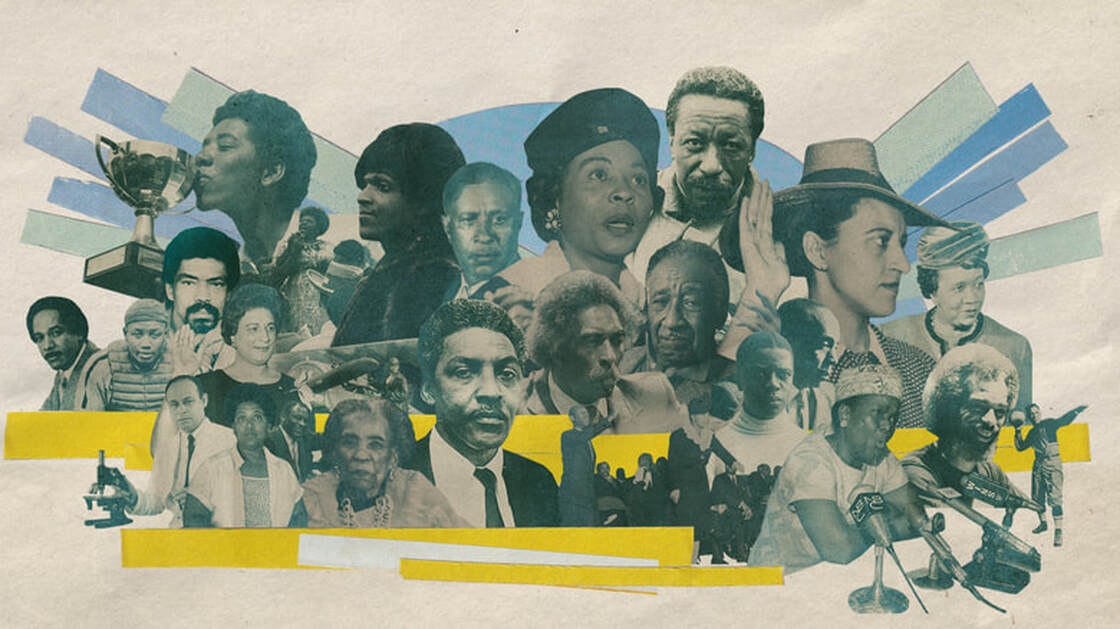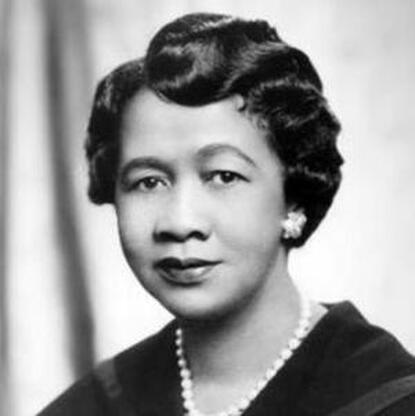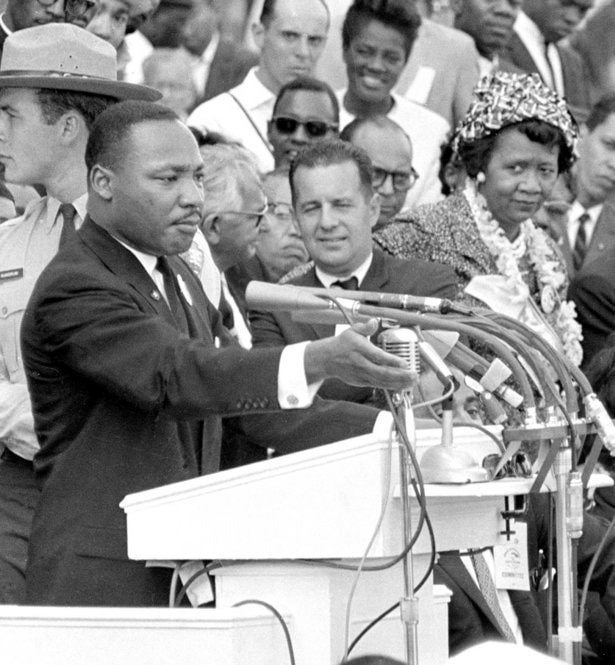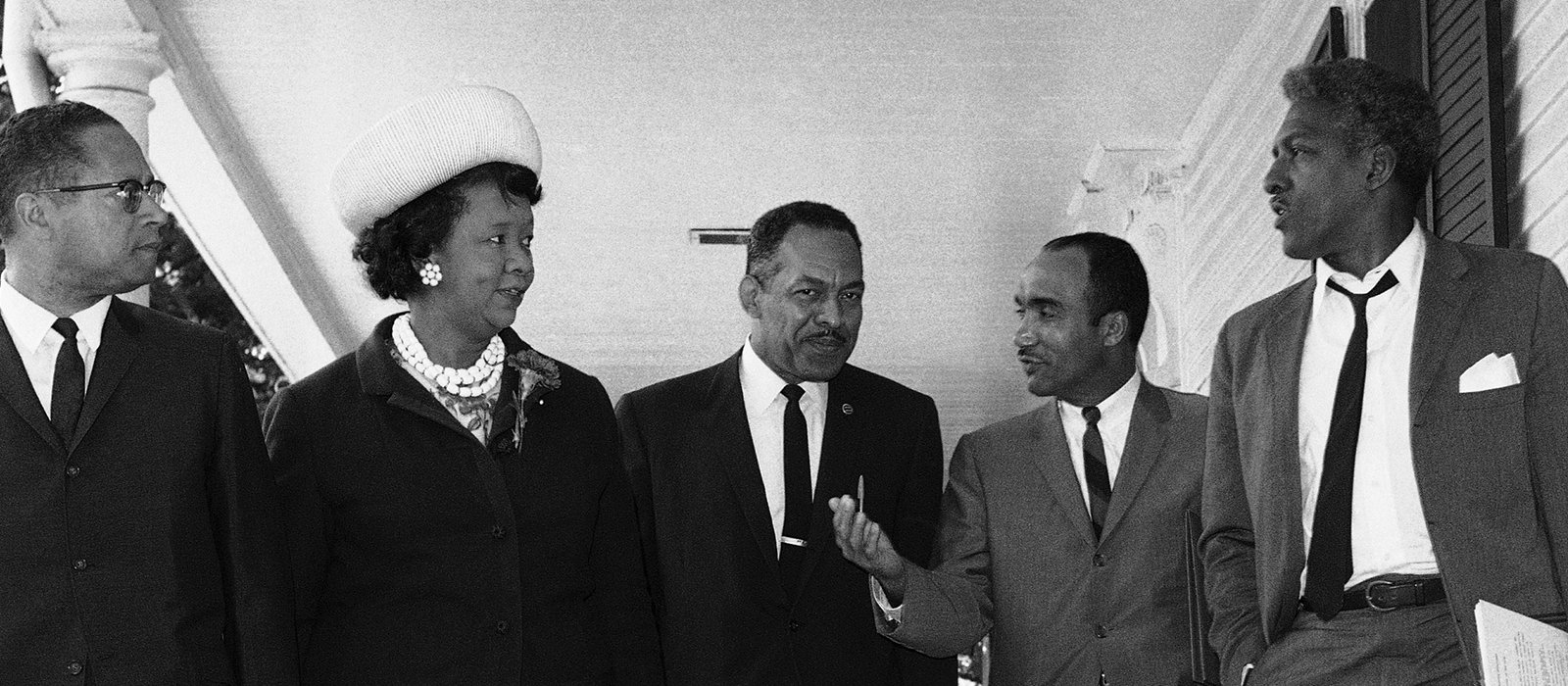|
You may not know their names. But these courageous Black Americans changed history. Every Black History Month, we tend to celebrate the same cast of historic figures. They are the civil rights leaders and abolitionists whose faces we see plastered on calendars and postage stamps. They resurface each February when the nation commemorates African Americans who have transformed America. They deserve all their accolades. But this month we are focusing instead on 28 seminal Black figures – one for each day of February – who don’t often make the history books. Each transformed America in a profound way. Many don’t fit the conventional definition of a hero. Some were foul-tempered, weighed down by personal demons, and misunderstood by their contemporaries. One was a mystic, another was a spy who posed as a slave, and another was a brilliant but troubled poet dubbed the “Godfather of Rap.” Few were household names. All of them were pioneers. It’s time for these American heroes to get their due. Dorothy HeightDorothy Height was often the only woman in the room. She made it her life’s work to change that, fighting battles against both sexism and racism to become, as President Obama called her, the “godmother” of the civil rights movement. Height felt the sting of racism at an early age. She was accepted to New York’s Barnard College in 1929 but learned there wasn’t a spot for her because the school had already filled its quota of two Black students per year. Instead she enrolled at NYU and earned a master’s in educational psychology. This led to a career as a social worker in New York and Washington, where she helped lead the YWCA and the United Christian Youth Movement.
In 1958, Height became president of the National Council of Negro Women, a position she held for more than 40 years. In that role she fought tirelessly for desegregation, affordable housing, criminal justice reform and other causes. By the 1960s, Height had become one of Dr. Martin Luther King Jr.’s key advisers. Historians say that as an organizer of the March on Washington, she was the only woman activist on the speakers’ platform during King’s “I Have a Dream’’ speech. Historians say her contributions to the civil rights movement were overlooked at the time because of her sex. But by the time of her death in 2010, Height had taken her place among the movement’s towering figures. “She was truly a pioneer, and she must be remembered as one of those brave and courageous souls that never gave up,” Rep. John Lewis once said. “She was a feminist and a major spokesperson for the rights of women long before there was a women’s movement.” |
MediaPhotos + Video Categories
All
Archives
July 2023
|
|
Transcend, Transform, Take Flight!
|
PhoneOffice Numbers :
770-573-2696 404-549-2752 404-474-8887 info@streetsmartyouthproject.org
|
LocationsCommunity Site
Pittsburgh Yards 352 University Ave SW Suite W-130 Atlanta, GA 30310 Administrative Office
17 Simpson Street Atlanta, GA 30308 Mailing Address
PO Box 92451 Atlanta, GA 30314 |
All rights reserved, Street Smart Youth Project LLC.





 RSS Feed
RSS Feed
